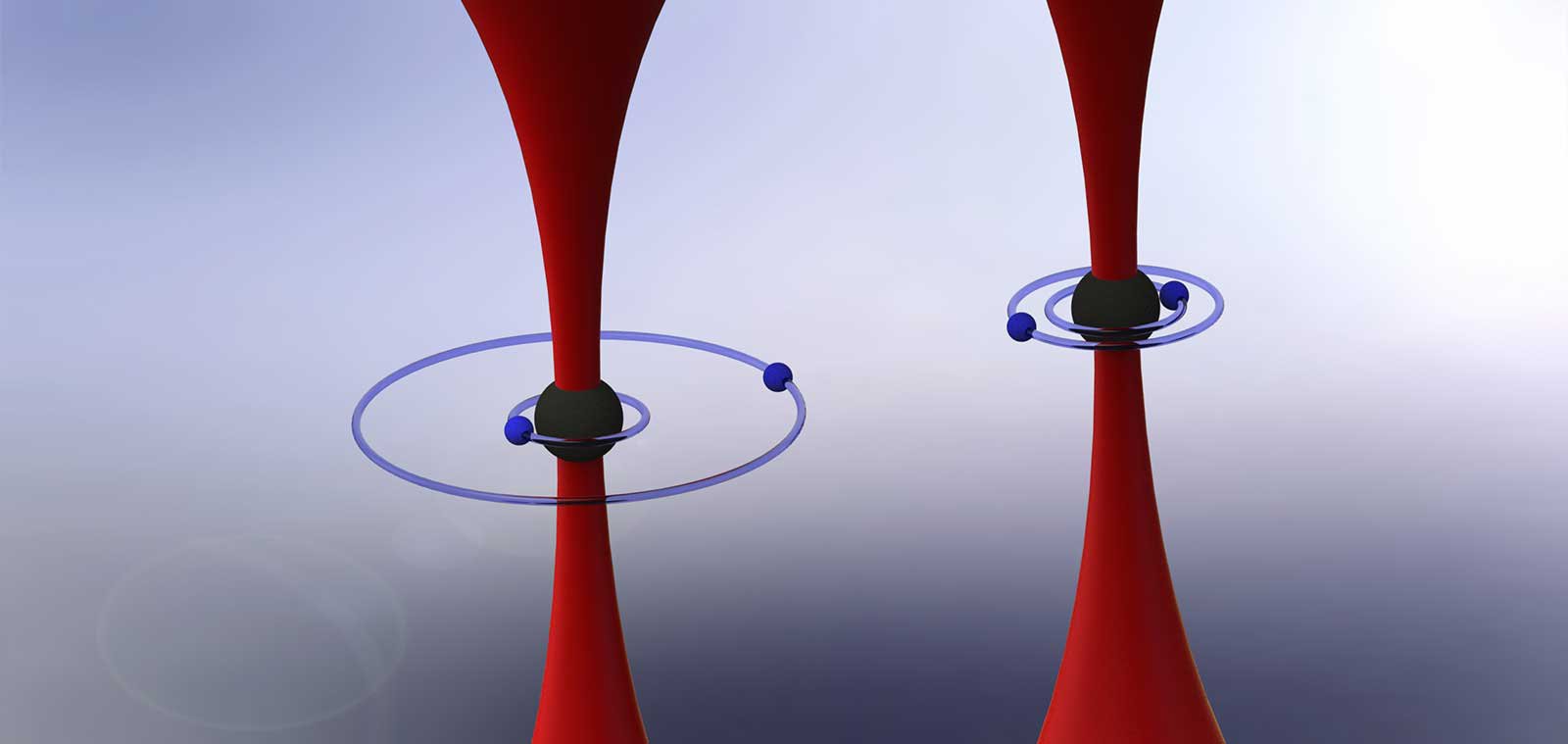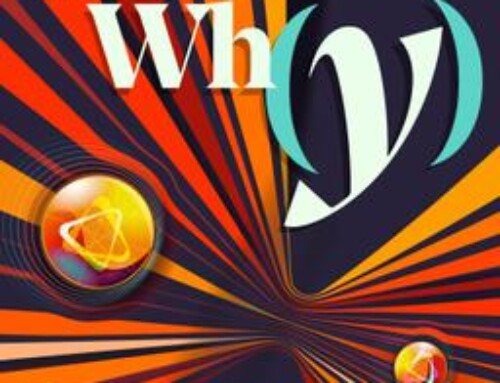In a new Nature Physics paper, the Endres group describes work advancing entanglement fidelity using highly excited Rydberg states. Controlled two-qubit entanglement generation has so far been limited to alkali species, leaving the exploitation of more complex electronic structures as an open frontier that could lead to improved fidelities and fundamentally different applications such as quantum-enhanced optical clocks. In the paper High-fidelity entanglement and detection of alkaline-earth Rydberg atoms, they demonstrate a novel approach utilizing the two-valence electron structure of individual alkaline-earth Rydberg atoms.

Read more in Caltech Media story Quantum Innovations Achieved Using Alkaline-Earth Atoms. “Essentially, we are breaking a two-qubit entanglement record for one of the three leading quantum science platforms: individual neutral atoms,” says Manuel Endres, an assistant professor of physics and leader of the Caltech team.
“We are opening up a new tool box for quantum computers and other applications,” says Ivaylo Madjarov, a Caltech graduate student and lead author of the new study. “With alkaline-earth atoms, we have more opportunities for manipulating systems and new opportunities for precise manipulation and readout of the system.”
To achieve their goal, the researchers turned to optical tweezers, which are basically laser beams that can maneuver individual atoms. The team previously used the same technology to develop a new design for optical atomic clocks. In the new study, the tweezers were used to persuade two strontium atoms within an array of atoms to become entangled.
Read the full paper Ivaylo S. Madjarov, Jacob P. Covey, Adam L. Shaw, Joonhee Choi, Anant Kale, Alexandre Cooper, Hannes Pichler, Vladimir Schkolnik, Jason R. Williams & Manuel Endres High-fidelity entanglement and detection of alkaline-earth Rydberg atoms, Nature Physics, 16 (8). pp. 857-861, May 2020.



